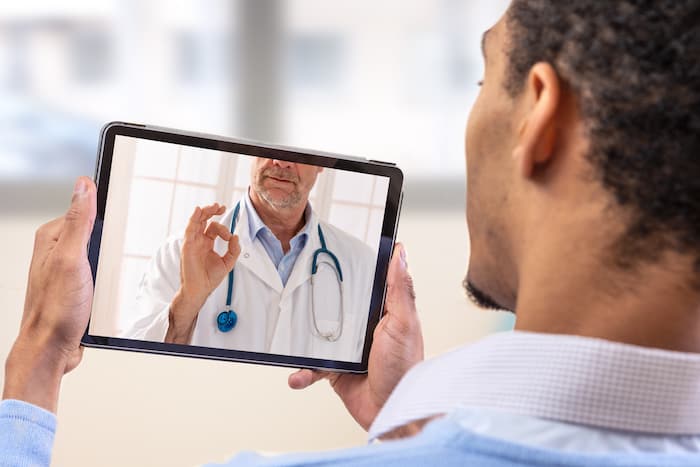Biofeedback is a mind-body technique you can use to learn and control some of your body’s functions, like your heart rate. Some tasks in your body happen without conscious thought, such as blood pressure, heart rate, and digestion. Biofeedback allows you to understand these functions and how to control them to deal with stress or physical ailments. This therapy does not use medications. Instead, your body is connected to electrical sensors that help you receive information about your body. The information you receive can help you change your body, like relaxing specific muscles to achieve your desired results. As such, biofeedback is still essential today, especially to people recovering from substance abuse, pregnant women, and those with allergies to medication. Read on to discover more about biofeedback.
- Sessions. In a biofeedback therapy session, your therapist attaches electrodes to your skin to send information to monitoring equipment. Your therapist examines the measurements displayed on the monitor and identifies the mental activities and relaxation techniques that can help regulate your bodily process. With practice and help from your therapist, you will learn how to control these processes without monitoring. A session lasts for about one hour or less. You can get relief within eight to ten sessions, but some conditions like high blood pressure require about 20 sessions.
- How Biofeedback Works. The electrodes attached to your body send signals to your monitor that displays a sound, flash of light, or image that represents your heart rate, breathing rate, blood pressure, skin temperature, and muscle activity. When stressed, these functions change. Your heart rate speeds up, muscles tighten, blood pressure rises, and you begin to sweat. Your therapist can see these stress responses as they happen on the monitor and also see the immediate feedback as you try to stop these functions. Your therapist helps you practice relaxation exercises like deep breathing, progressive muscle relaxation, guided imagery, and mindfulness meditation using this information.
- Uses. Biofeedback is effective in managing several physical and mental health issues, including;
- · Anxiety or stress
- · Asthma
- · Chronic pain
- · Fecal incontinence
- · High blood pressure
- · Stroke
- · Temporomandibular joint disorder
- · Alcohol use disorder
- · Substance abuse
- Benefits. Biofeedback is non-invasive and may appeal in situations where other treatments have not been effective. You can also use this therapy to complement other treatments. People often chose to use biofeedback to augment other treatments like medication and relaxation strategies. Biofeedback also teaches you how to control your responses in stressful situations. This can help you feel more in control and better manage stress and face your daily life or other stress that results from another health condition. Biofeedback can also have additional mental health benefits like learning new techniques for coping with anxiety and managing emotional responses.
While biofeedback is beneficial, it may not be suitable for everyone. Start by asking your doctor whether it is safe for you. If it is safe, ask for a referral to a trusted practitioner. Biofeedback is one technique that can help you get control over your physical responses and behaviors.
Throughout the year, our writers feature fresh, in-depth, and relevant information for our audience of 40,000+ healthcare leaders and professionals. As a healthcare business publication, we cover and cherish our relationship with the entire health care industry including administrators, nurses, physicians, physical therapists, pharmacists, and more. We cover a broad spectrum from hospitals to medical offices to outpatient services to eye surgery centers to university settings. We focus on rehabilitation, nursing homes, home care, hospice as well as men’s health, women’s heath, and pediatrics.








